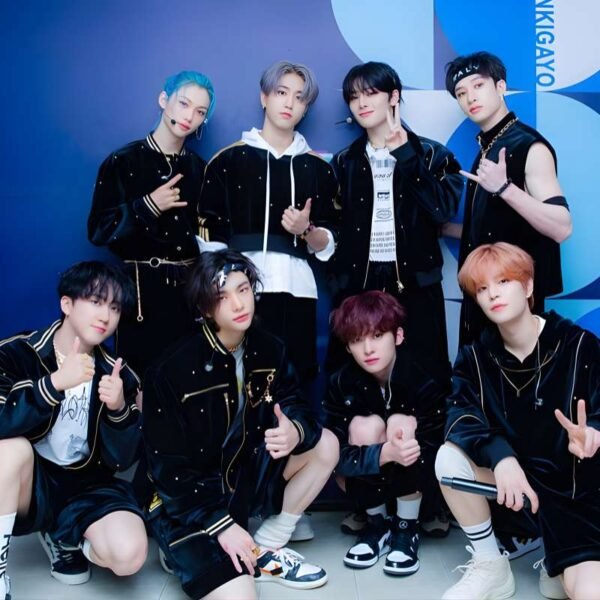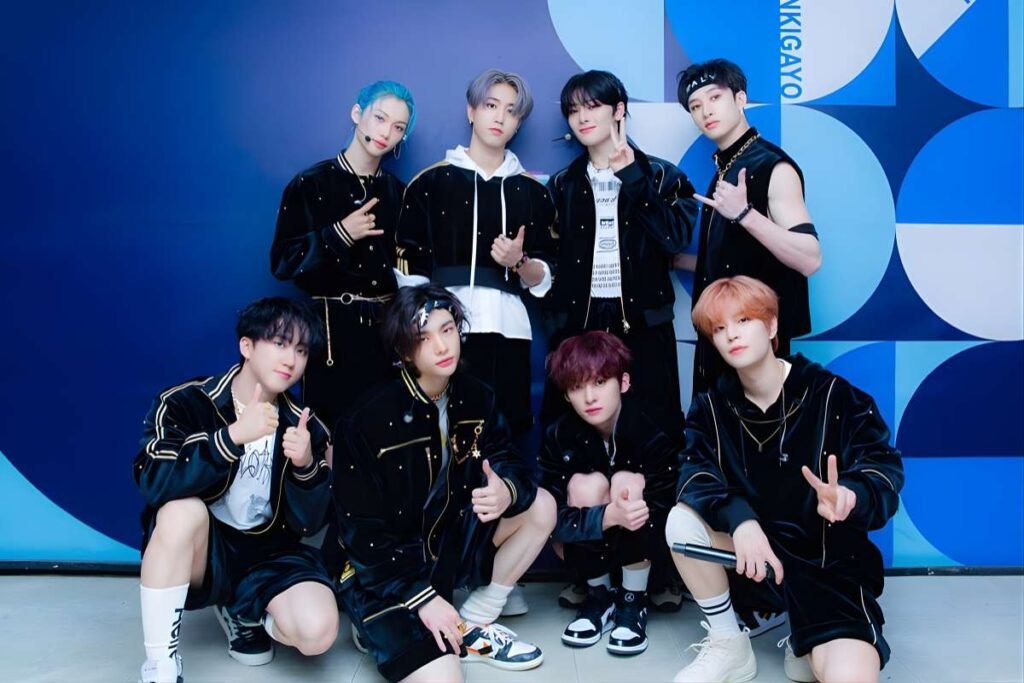Employee engagement is the cornerstone of a thriving workplace culture, driving productivity, satisfaction, and retention among team members. Incorporating engaging activities into the work environment not only strengthens bonds among colleagues but also cultivates a sense of belonging and enthusiasm for the organization’s mission. In this guide, we’ll explore a variety of creative employee engagement activities designed to inspire collaboration, creativity, and camaraderie within your team.
20 Employee Engagement Activities
1. Team Building Workshops and Retreats
Organize team-building workshops or retreats that focus on fostering communication, trust, and collaboration among team members. Employee engagement activities such as ropes courses, scavenger hunts, and problem-solving challenges encourage teamwork, creativity, and problem-solving skills while providing opportunities for team bonding and relationship-building.
2. Wellness Programs and Challenges

Promote employee well-being and work-life balance through wellness programs and challenges that encourage healthy habits and self-care practices. Offer yoga classes, meditation sessions, or fitness challenges to support physical and mental health, and provide incentives or rewards for participation and achievement.
3. Volunteer and Community Service Projects
Engage employees in volunteer and community service projects that allow them to give back to their local communities and make a positive impact beyond the workplace. Organize group volunteer outings, charity fundraisers, or environmental clean-up initiatives to foster a sense of purpose, social responsibility, and teamwork among team members.
4. Professional Development Workshops
Invest in the professional growth and development of your employees by offering workshops, seminars, or training sessions on topics relevant to their roles and career aspirations. Provide opportunities for skill-building, knowledge-sharing, and networking to empower employees to reach their full potential and contribute effectively to the organization’s success.
5. Employee Recognition Programs
Implement employee recognition programs that acknowledge and celebrate the contributions and achievements of team members. Recognize outstanding performance, milestones, and accomplishments through awards, shout-outs, or appreciation events to boost morale, motivation, and job satisfaction.
6. Social Events and Celebrations
Organize social events and celebrations to foster a sense of community and camaraderie among team members. Host themed parties, holiday gatherings, or team lunches to provide opportunities for relaxation, bonding, and fun outside of the workplace environment.
7. Innovation Challenges and Hackathons
Encourage creativity and innovation among employees by hosting innovation challenges or hackathons that allow them to brainstorm, prototype, and pitch new ideas or solutions to organizational challenges. Provide resources, support, and recognition for innovative initiatives that demonstrate potential for impact and improvement.
8. Mentorship and Buddy Programs

Facilitate mentorship and buddy programs that pair experienced employees with newcomers or junior team members to provide guidance, support, and professional development opportunities. Foster mentorship relationships that promote knowledge-sharing, skill development, and career growth within the organization.
9. Employee Appreciation Days
Designate special days or events to show appreciation for employees’ hard work, dedication, and contributions to the organization. Offer perks, treats, or small gestures of gratitude, such as catered meals, gift cards, or personalized notes, to express appreciation and reinforce a culture of recognition and appreciation.
10. Feedback Sessions and Open Forums
Create opportunities for open communication, feedback, and dialogue between employees and leadership through feedback sessions, town hall meetings, or open forums. Encourage employees to share their ideas, concerns, and suggestions for improvement, and demonstrate a commitment to transparency, inclusion, and accountability within the organization.
11. Diversity and Inclusion Workshops
Host workshops and training sessions focused on diversity, equity, and inclusion (DEI) to promote a more inclusive and equitable workplace culture. Provide education and resources on topics such as unconscious bias, cultural competency, and allyship to foster understanding, respect, and empathy among team members from diverse backgrounds.
12. Book Clubs and Learning Circles
Facilitate book clubs or learning circles where employees can explore relevant topics, share insights, and engage in meaningful discussions. Choose books, articles, or podcasts related to personal development, leadership, or industry trends to inspire continuous learning and professional growth within the team.
13. Innovation Labs and Idea Generation Sessions
Create innovation labs or idea-generation sessions that invite employees to collaborate on brainstorming new initiatives, products, or solutions to address organizational challenges or opportunities. Provide a supportive and creative environment for generating ideas, experimenting with prototypes, and fostering a culture of innovation and entrepreneurship.
14. Cross-Departmental Projects and Collaborations
Encourage cross-departmental collaboration and teamwork by assigning projects or initiatives that require cooperation and coordination across different teams or departments. Break down silos, promote knowledge-sharing, and foster interdisciplinary collaboration to leverage diverse perspectives and expertise within the organization.
15. Flexible Work Arrangements and Remote Team Building
Support flexible work arrangements and remote team-building activities to accommodate the needs and preferences of employees who work remotely or have flexible schedules. Offer virtual team-building activities, online games, or digital collaboration tools to facilitate connection, communication, and teamwork among distributed teams.
16. Skill-sharing Sessions and Lunch-and-Learns
Organize skill-sharing sessions or lunch-and-learns where employees can share their expertise, hobbies, or interests with colleagues. Create opportunities for peer-to-peer learning, knowledge exchange, and personal development, allowing employees to learn new skills, discover hidden talents, and connect with coworkers outside of their immediate teams.
17. Personal Development Allowances and Wellness Stipends

Provide personal development allowances or wellness stipends that employees can use to invest in their personal and professional growth. Allow employees to allocate funds towards employee engagement activities such as attending conferences, enrolling in courses, purchasing books, or participating in wellness activities that support their well-being and development goals.
18. Employee-led Initiatives and Committees
Empower employees to take ownership of engagement initiatives by forming employee-led committees or task forces focused on specific areas of interest or concern. Encourage employees to propose, plan, and implement initiatives such as diversity and inclusion initiatives, sustainability efforts, or community outreach projects that reflect their passions and values.
19. Reverse Mentoring Programs
Implement reverse mentoring programs that pair junior or younger employees with senior leaders or executives to exchange knowledge, insights, and perspectives. Foster a culture of mutual learning, mentorship, and collaboration, where both mentors and mentees can benefit from sharing experiences and expertise across generational or hierarchical lines.
20. Continuous Feedback and Improvement
Regularly solicit feedback from employees through surveys, focus groups, or one-on-one conversations to assess the effectiveness of engagement activities and identify areas for improvement. Demonstrate a commitment to listening, responsiveness, and continuous improvement by incorporating employee feedback into future initiatives and adapting strategies to better meet the needs and preferences of your team members.
Conclusion
By incorporating a diverse range of employee engagement activities into the workplace culture, organizations can create a dynamic and inclusive environment where team members feel valued, motivated, and empowered to contribute their best work. From team-building workshops and wellness programs to innovation labs and cross-departmental collaborations, there are endless opportunities to foster connection, creativity, and camaraderie within the team. Remember that employee engagement activities are not a one-size-fits-all approach and require ongoing experimentation, feedback, and adaptation to create meaningful experiences that resonate with your unique workforce.










